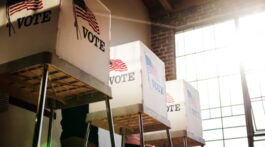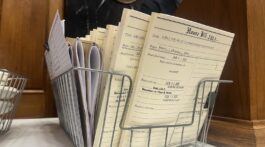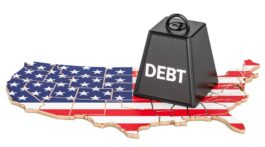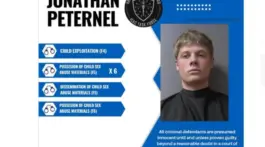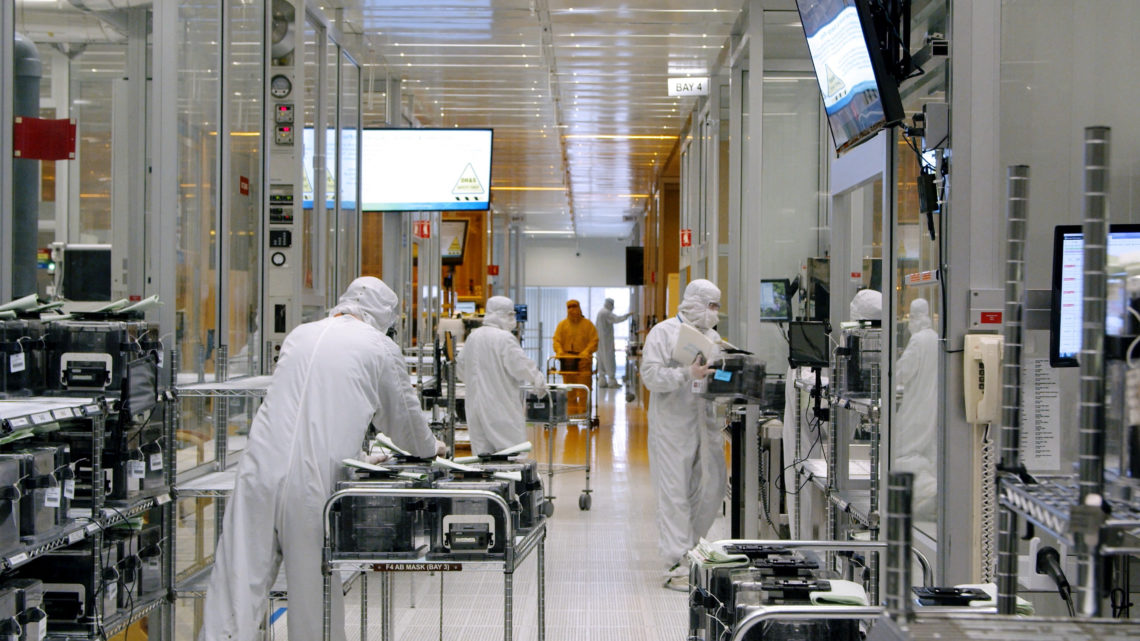by
Nate LaMar
Last year, under Senator Todd Young’s leadership, Congress passed one of the most significant pieces of legislation of our lifetimes. The CHIPS & Science Act will allocate $52.7 billion for our domestic semiconductor manufacturing (technology necessary for products we know and love like smartphones, automobiles, and televisions)and strengthen national security!
Following the COVID-19 pandemic’s hard lesson that the US depends too heavily on China, Sen. Young lessened America’s dependence on our foremost geopolitical adversary. As Sen. Young stated, the CHIPS &Science Act put America “on offense” against our adversaries.
The CHIPS &Science Act will create approximately 44,000 American jobs, many in Indiana. Already SkyWater Technology is planning to build a $1.8 billion semiconductor plant in West Lafayetteand hire 700 workers. The Department of Defense recently announced it will establish a microelectronics hub in Indiana using $32.9 million in CHIPS &Science Act funding. As we prepare to host many more of these plants, the CHIPS & Science Act will allow Indiana to become a leader in chip manufacturing. And Senator Young is leading this charge not only for our nation, but also for our state.
But the USA can’t do it alone – we must work with our allies. TSMC, the world’s premier semiconductor company, located in Taiwan, provides over 90% of the world’s advanced semiconductors. Thus, the US is shoring-up chip production away fromour adversaries, a strategy often called “decoupling.”
For strategic decoupling to succeed, the US must protect its intellectual property. Foreign companies often steal proprietary information from US firms, producing and selling at cheaper pricesthe very products that American companies spend money and time inventing. This undermines America’s innovative economy.
One agency tasked with addressing this problem is the International Trade Commission (ITC), a federal agency created to streamline the patent trial process for violations abroad. The ITC is supposed to be an efficient way for American companies to defend their patented products against unfair trade practices by foreign actors. If the ITC discovers malpractice, they can issue exclusion orders or ban imports of these products.
However, bad actors are increasingly hijacking the ITC patent trial process to harm companies crucial to US national security. For example, in a recent case, a patent-licensing firm, Tela Innovations, sued multiple firms: Intel; Acer; ASUS; and MSI (one American and three foreign companies) for infringement on their patent. The ITC ruled correctly that Tela’s patent did not apply, but then Tela sued again, this time adding Qualcomm, another US company, and TSMC to their list of targets. While Tela failed in these legal proceedings, their action marks a dangerous precedent. If a mere patent asserter can target productive, domestic, and allied-nation firms for financial gain, then something must be wrong with our system.
There is legislation being considered in Congress that could protect Indiana’s manufacturing jobs and our national security – the Advancing America’s Interests Act (AAIA). This bill holds all patent asserters to certain standards when suing under the ITC. It requires the ITC to prioritize “public interest” when issuing rulings. It also narrows the ITC’s scope to cases where the alleged patent violation concerns a domestic industry in which the complainant has made significant investments. These measures will prevent situations like Tela, where non-productive firms with no stake in the game exploit job-creating companies.
The AAIA will help achieve Senator Young’s ultimate mission of making America and Indianaleaders in science and technology. This starts with reforming the ITC by passing the AAIA. Please urge your members of Congress to vote for the AAIA!
Nate LaMar, an international manager, served as Henry County Council President 2009-2019.


